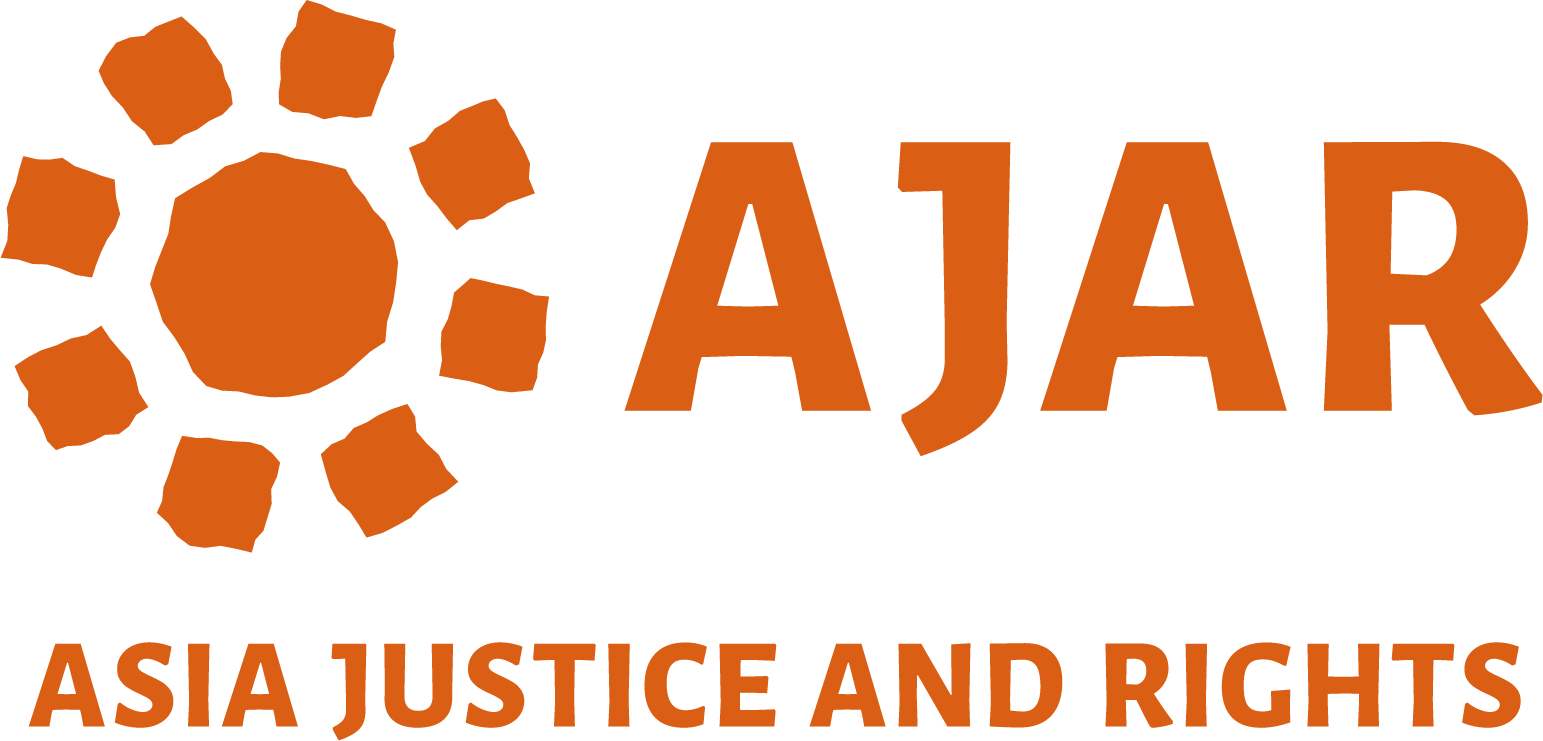About this Course
In recent decades, many countries have undergone a transition from military dictatorship and authoritarianism to democracy. This process of transition has included attempts, both successful and unsuccessful, to reform key institutions such as the military, police and judiciary. Despite some steps in the right direction, many countries have seen an increase in state repression and curtails on democratic freedoms.
Several countries in Asia, such as Thailand and Myanmar, provide examples of military domination not just in the security sector, but also in business, technology and education. This situation can lead to an increase in human rights violations by members of the security sector without adequate legal oversight or sanction.
Furthermore, the dominant role of the security sector in the government can result in shrinking public space evident in restrictions on freedom of expression and assembly. As well as this, the dominance of the security sector in politics limits the ability to hold police, military and intelligence agencies to account for historical violations, crimes against humanity and genocide.
It is therefore important to reform key institutions so that perpetrators are held to account for past crimes and so that future violations of human rights are prevented.
The course aims to increase understanding and build the capacity of those working to advance human rights in the region about the importance of institutional reform in the context of transitional justice. There will also be opportunities for students to share their experiences and lessons from their own context.
Course Details:
- Flexible and Independent Study. Start the course and learn at your own pace.
- 100% online
- Intermediate Level
- Prerequisites: Introduction to Transitional Justice
- Approx. 1.5 – 2 hours to complete
- English
